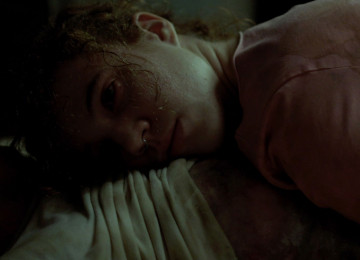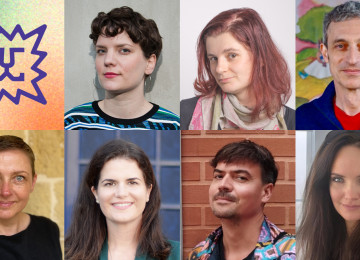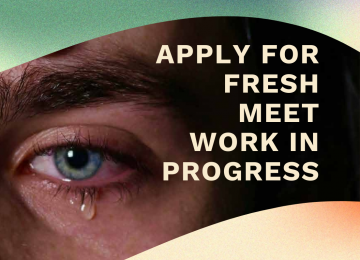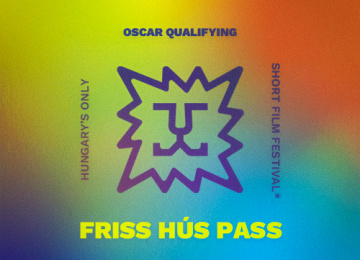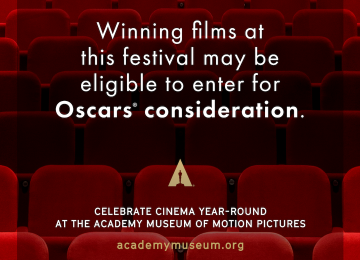Is there a specific element (visual accomplishments, acting, editing, etc.) you’re going to pay attention to as a jury member or the overall experience is the most important for you in a film?
I'd describe it in one word: "How?". Only "How?" makes a film stay with us. Everything has already been told. So, the way I see it, this is no longer the time to invent a story, but to think about how the story should be told. Cinema is a medium which tells the story with images and sound. It consists in assembling puzzles to finally obtain a landscape we know well. Small elements work so that the viewers can first of all feel, let themself go, and only then think.
Sometimes we watch a picture that evokes fragments of our memories and we immediately feel that this piece of reality is ours and about us - even if this film takes place in a distant unknown galaxy. There are films in which there is not even a second of such closeness. I hope to find a few seconds or even minutes in the competition.
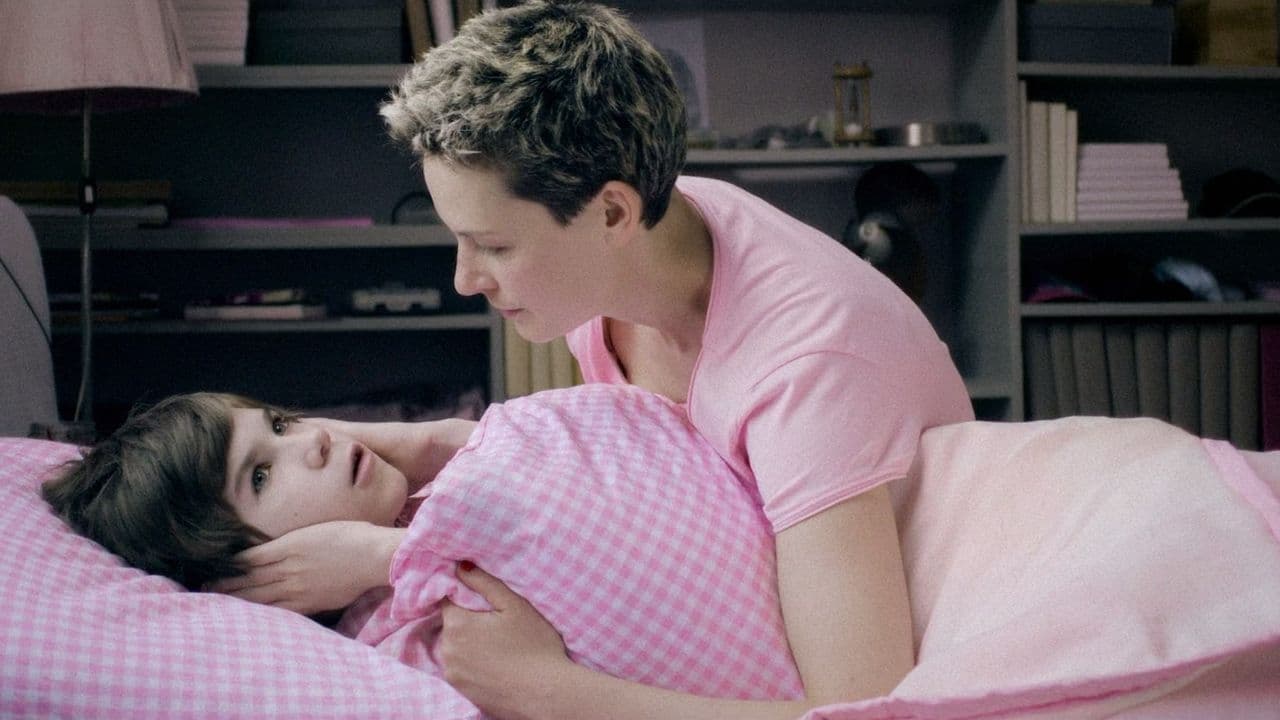
Baby Bump, the first feature film of Kuba Czekaj
What do you expect from the Hungarian competition?
I expect films as experiences. This is what I've always been looking for in the cinema. I absorb creators who try to break through the flat screen and enter the viewer's bloodstream, and only then conquer his gray cells.
It’s safe to say that you’re a filmmaker who is keen on experimenting and leaving traditional narratives behind. What do you think, are you going to prefer these kinds of films as a jury, too?
I cringe a bit when I hear the word "experiment", because I'd never call what I do that, and I'd offend everyone who creates real experiments. This is not seeking for the sake of seeking. I start from the questions: who is my character, what reality does he live in and what problems does he have? If the protagonists of my first films weren't boys with a storm of hormones, a void in their heads and in a state of permanent emotional and physical chaos, then both of these films would look completely different. I love risk, I love stylistic challenges, but I don't try to force things. What matters is the sincerity and charisma of the creator. That's what I'll be looking for.
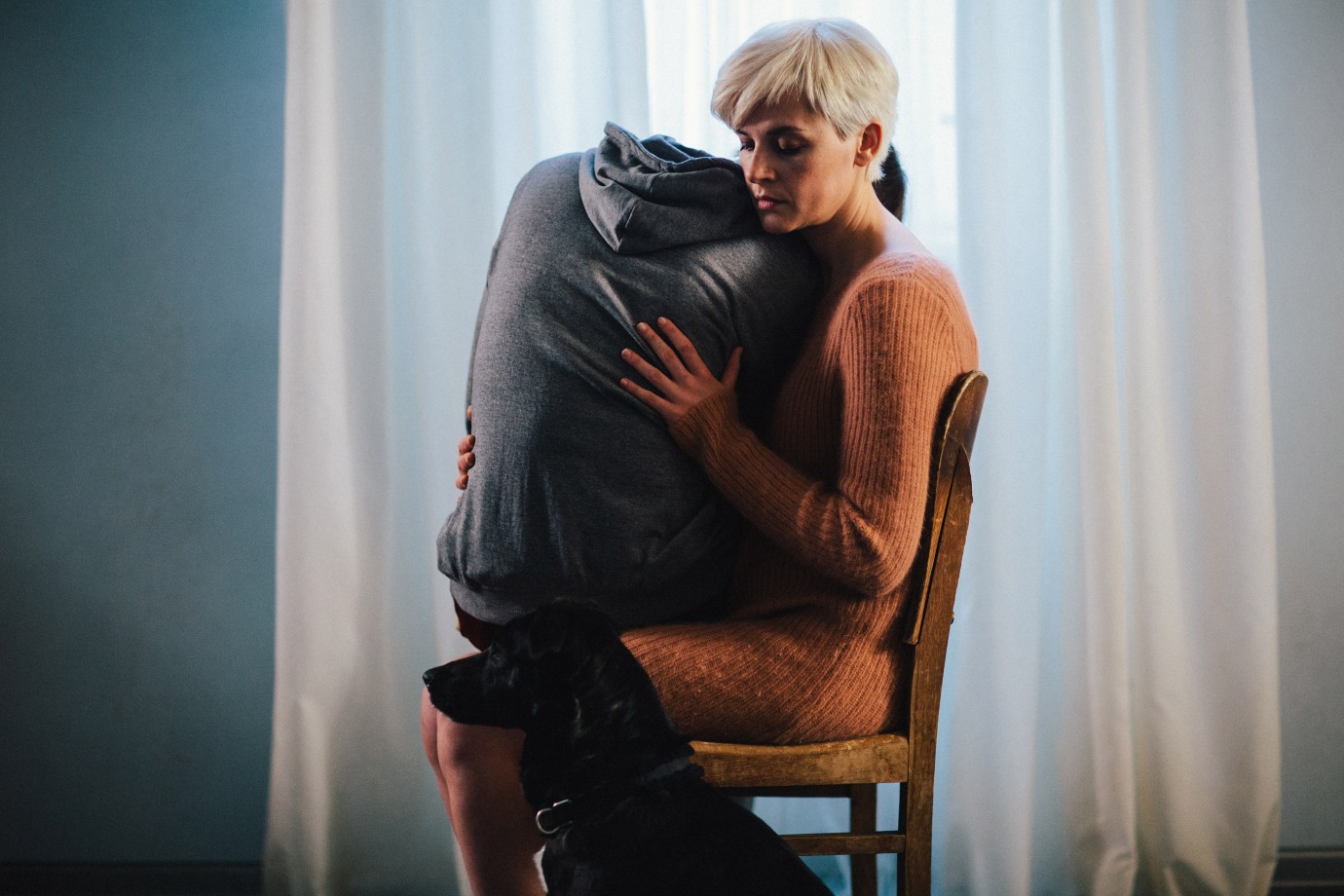
The Erlprince
The mother and child relationship is a recurring topic in your films, especially in your two features. What brings you back to this?
Now it doesn't consume me so much. The shorts and two full-length films are almost a series about the ups and downs of growing up. However, there will be no new season. It's over. Enough. The characters have grown out of their clothes. I grew up too, I changed as a man, as a filmmaker. I'm interested in something else. Although there is a paradox. Looking a little wider, all the films are really about growing up - gaining experience - about finding your own identity and the desire for love.
Agnieszka Podsiadlik plays the character of the mother both in Baby Bump and The Erlprince. Could you tell a bit more about your collaboration, why is she an ideal mother character for you?
Agnieszka is like from a Tina Turner song: Simply the Best!
